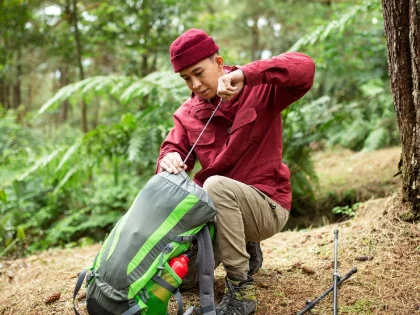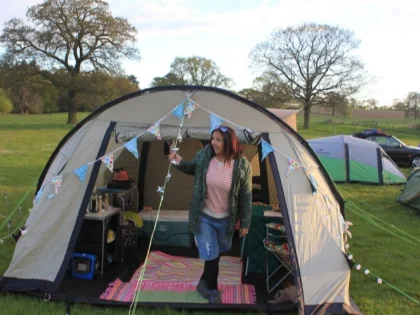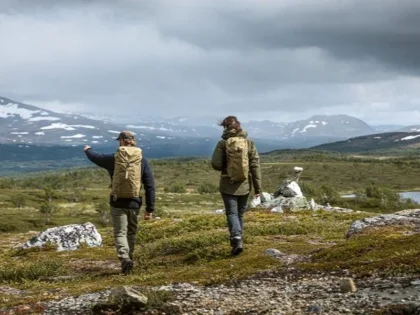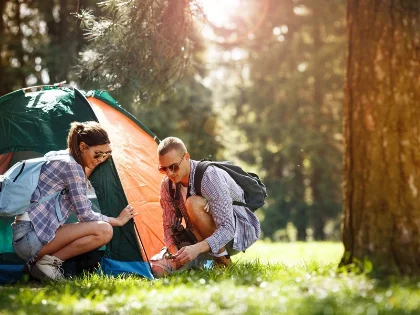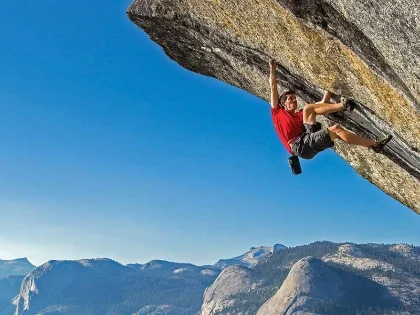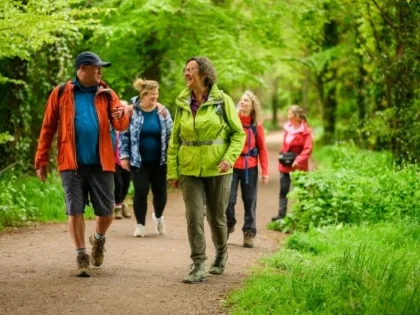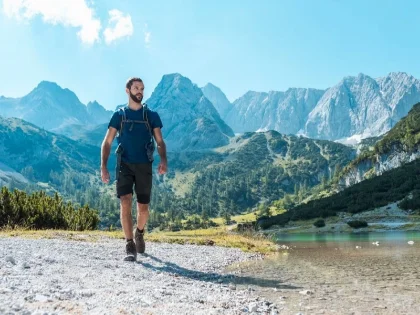What Is Considered Camping?
Most people associate camping with a straightforward summertime pastime. Camping is a well-liked method to unplug from the rush of everyday existence, rejuvenate, and explore new experiences. On the other hand, there are a wide variety of camping activities available. The two most popular ones are overlanding and glamping.
Campsites
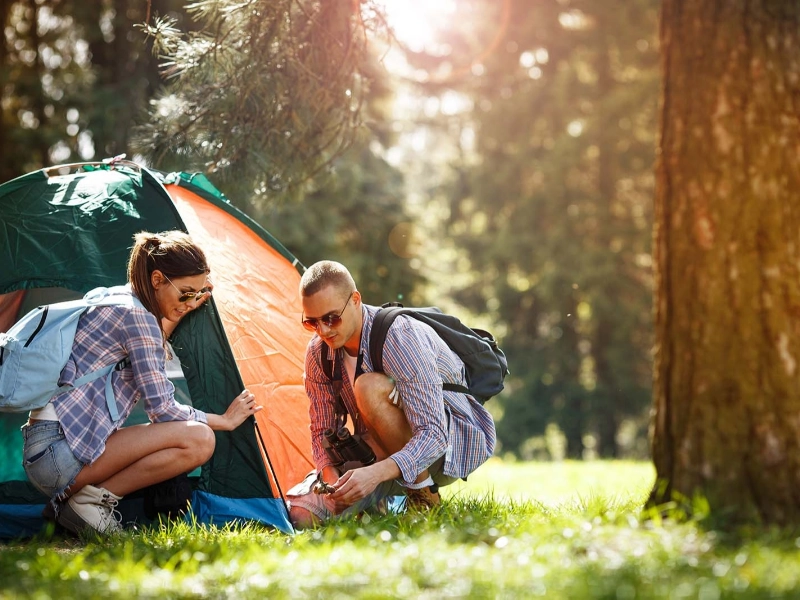
Tents
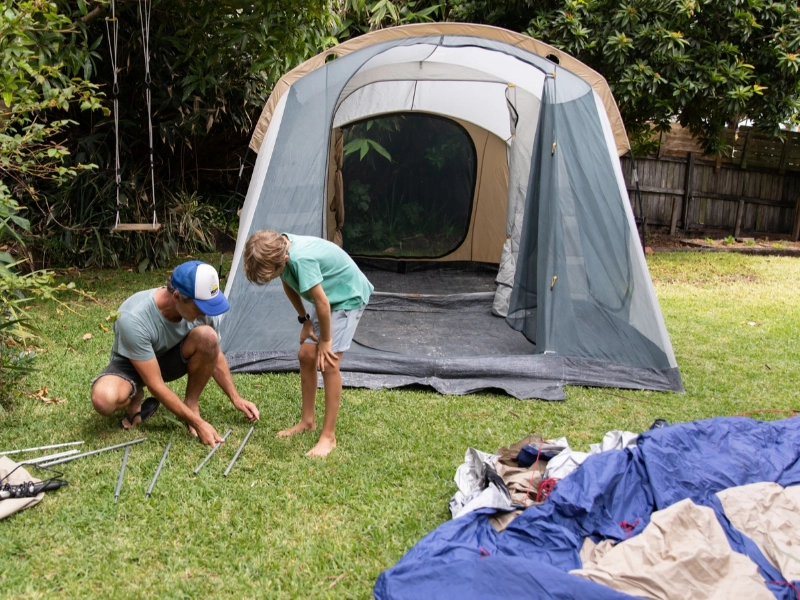 A wonderful way to get away from the grind of daily life is to go camping. In the outdoors, you can test your abilities and get a fresh perspective on nature. You might even run with others who share your enthusiasm for the great outdoors. While there are various ways to appreciate nature, camping is among the most popular.
A tent is a makeshift shelter that is often supported by pegs and covered with canvas or other fabrics that are stretched over a frame of poles. Originally utilized by nomads, it is today a popular place for campers to stay.
While "wild camping," or camping away from specified campsites, is illegal in some nations, it is legal in others. Nonetheless, in order to camp in specific parts of several national parks, visitors must have a permit. This is because of the possibility that they will annoy people or harm the environment. Furthermore, they can be seen as squatting or trespassing. Nevertheless, a lot of individuals enjoy living the #vanlife and camping on public land.
A wonderful way to get away from the grind of daily life is to go camping. In the outdoors, you can test your abilities and get a fresh perspective on nature. You might even run with others who share your enthusiasm for the great outdoors. While there are various ways to appreciate nature, camping is among the most popular.
A tent is a makeshift shelter that is often supported by pegs and covered with canvas or other fabrics that are stretched over a frame of poles. Originally utilized by nomads, it is today a popular place for campers to stay.
While "wild camping," or camping away from specified campsites, is illegal in some nations, it is legal in others. Nonetheless, in order to camp in specific parts of several national parks, visitors must have a permit. This is because of the possibility that they will annoy people or harm the environment. Furthermore, they can be seen as squatting or trespassing. Nevertheless, a lot of individuals enjoy living the #vanlife and camping on public land.
Cooking
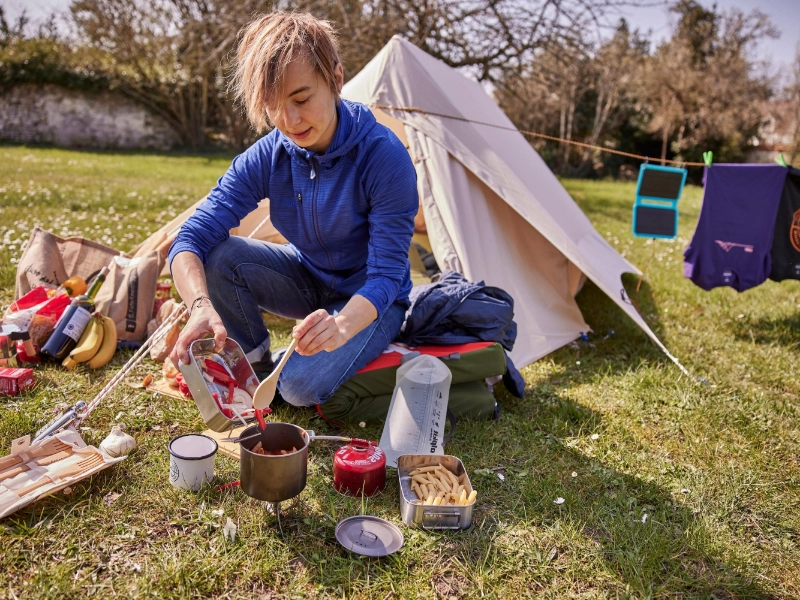 While it doesn't have to be difficult, cooking at a campsite does require some preparation and a few camping hacks to get you through the evening. Food preparation ahead of time saves fuel and keeps odors from escaping and attracting insects or other wildlife.
Food storage must also be done correctly. Food should be kept out of your sleeping area, preferably in refrigerators or sealed containers. This will prevent animals from raiding your possessions, such as mice, raccoons, and bears.
Camping's definition is a matter of taste and is subject to change as the outdoor community does. Some claim that true camping only occurs when a person is using a tent—not an RV or another type of housing. Others believe that boondocking, or wilderness camping, is the only true kind of camping and that glamping is merely another type of camping. The debate will probably go on for as long as people have a strong interest in the outdoors.
While it doesn't have to be difficult, cooking at a campsite does require some preparation and a few camping hacks to get you through the evening. Food preparation ahead of time saves fuel and keeps odors from escaping and attracting insects or other wildlife.
Food storage must also be done correctly. Food should be kept out of your sleeping area, preferably in refrigerators or sealed containers. This will prevent animals from raiding your possessions, such as mice, raccoons, and bears.
Camping's definition is a matter of taste and is subject to change as the outdoor community does. Some claim that true camping only occurs when a person is using a tent—not an RV or another type of housing. Others believe that boondocking, or wilderness camping, is the only true kind of camping and that glamping is merely another type of camping. The debate will probably go on for as long as people have a strong interest in the outdoors.
Dozing off
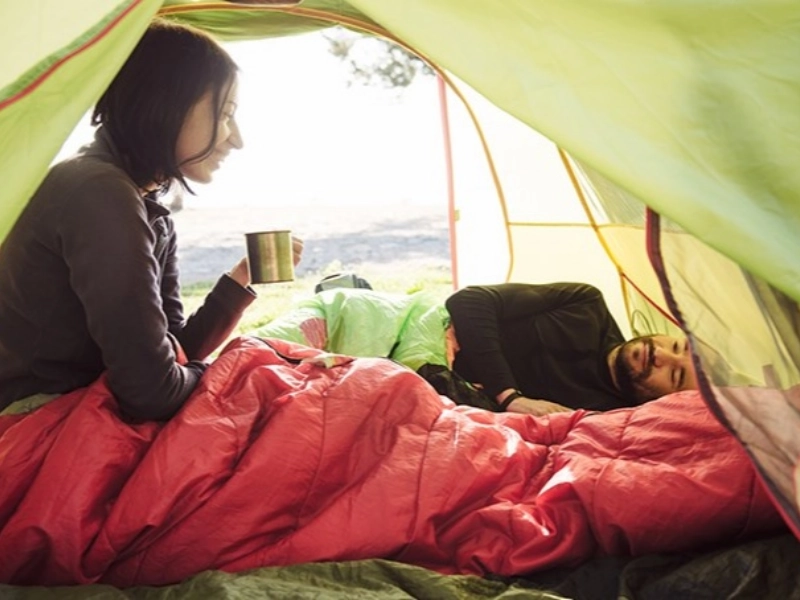 Roughing is a significant component of the camping experience for some people. Living off the grid might include cooking over an open fire, sleeping in a tent on the ground, and taking in the sounds of the natural world.
Others associate camping with creature luxuries such as staying in an RV or cottage rather than a tent. Since glamping does not require trekking or other outdoor activities and temperature conditions can be easily controlled, many purists also contend that it is not truly camping.
When visiting natural regions, it's crucial to adhere to the Leave No Trace philosophy, regardless of the type of camping you choose. This will contribute to protecting the natural environment for campers in the future. Hide-and-seek and tag games are two other enjoyable camping activities that you can enjoy in large, open areas. Even cooking marshmallows over a campfire is an option! Having non-perishable snacks such as trail mix, cereal, jerky, granola bars, popcorn, or kettle corn is also essential.
Roughing is a significant component of the camping experience for some people. Living off the grid might include cooking over an open fire, sleeping in a tent on the ground, and taking in the sounds of the natural world.
Others associate camping with creature luxuries such as staying in an RV or cottage rather than a tent. Since glamping does not require trekking or other outdoor activities and temperature conditions can be easily controlled, many purists also contend that it is not truly camping.
When visiting natural regions, it's crucial to adhere to the Leave No Trace philosophy, regardless of the type of camping you choose. This will contribute to protecting the natural environment for campers in the future. Hide-and-seek and tag games are two other enjoyable camping activities that you can enjoy in large, open areas. Even cooking marshmallows over a campfire is an option! Having non-perishable snacks such as trail mix, cereal, jerky, granola bars, popcorn, or kettle corn is also essential.

